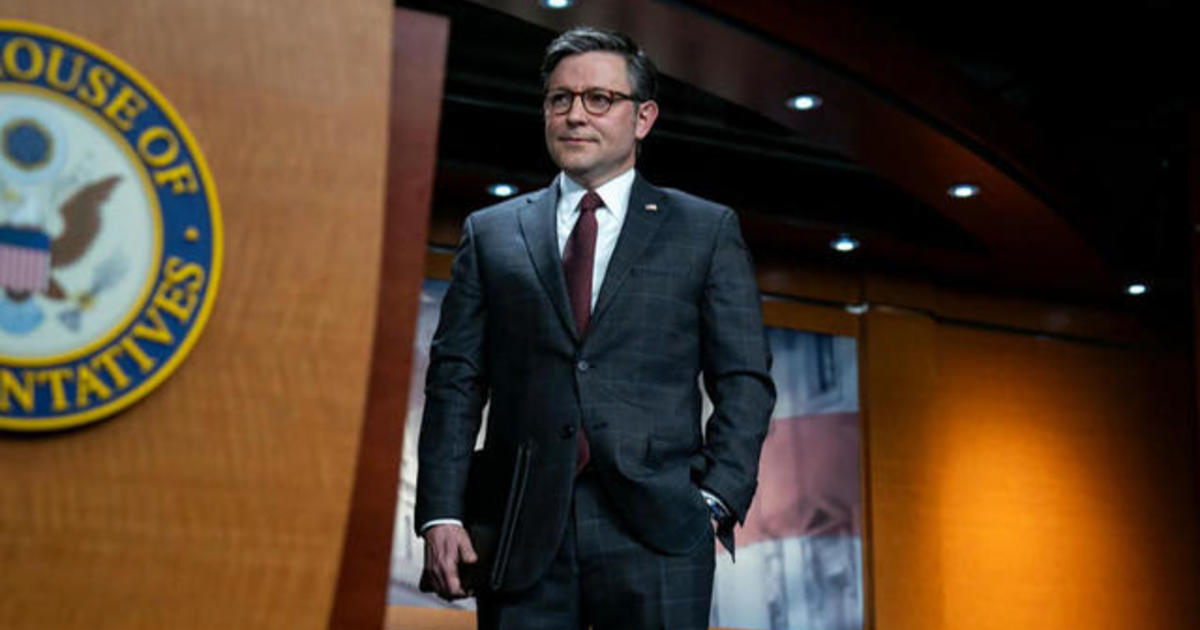The House Rules Committee recently advanced a foreign aid package that includes billions in security funding for Ukraine, Israel, and Taiwan, moving the legislation closer to passage this weekend. The package had been delayed for weeks but is now making progress. However, some Republicans are against the legislation, and this advancement could potentially cost Speaker Mike Johnson his speakership.
The foreign aid package includes crucial funding for Ukraine, Israel, and Taiwan, providing much-needed support for these countries’ security needs. The legislation aims to strengthen ties with these key allies and address ongoing security concerns in the region. While the package has faced delays in the past, its recent advancement signals a step closer to passage in the House.
Despite the importance of the foreign aid package, some Republicans are opposed to the legislation, citing concerns about the cost and the impact it could have on Speaker Mike Johnson’s position. The opposition within the party could potentially jeopardize Johnson’s speakership, as he may face backlash for supporting the bill. This internal conflict highlights the challenges of passing foreign aid legislation in a politically divided environment.
The advancement of the foreign aid package comes at a critical time, as global security concerns continue to escalate. Providing support to Ukraine, Israel, and Taiwan is essential for maintaining stability in the region and strengthening diplomatic relations with key allies. However, the political implications of the legislation could complicate its passage and create further divisions within the Republican party.
As the foreign aid package moves closer to passage, Speaker Mike Johnson faces a difficult decision on whether to support the legislation despite opposition from some members of his party. The outcome of this debate could have significant implications for Johnson’s speakership and the future of foreign aid funding. Ultimately, the fate of the legislation rests on the ability of lawmakers to find common ground and prioritize national security interests above political considerations.









